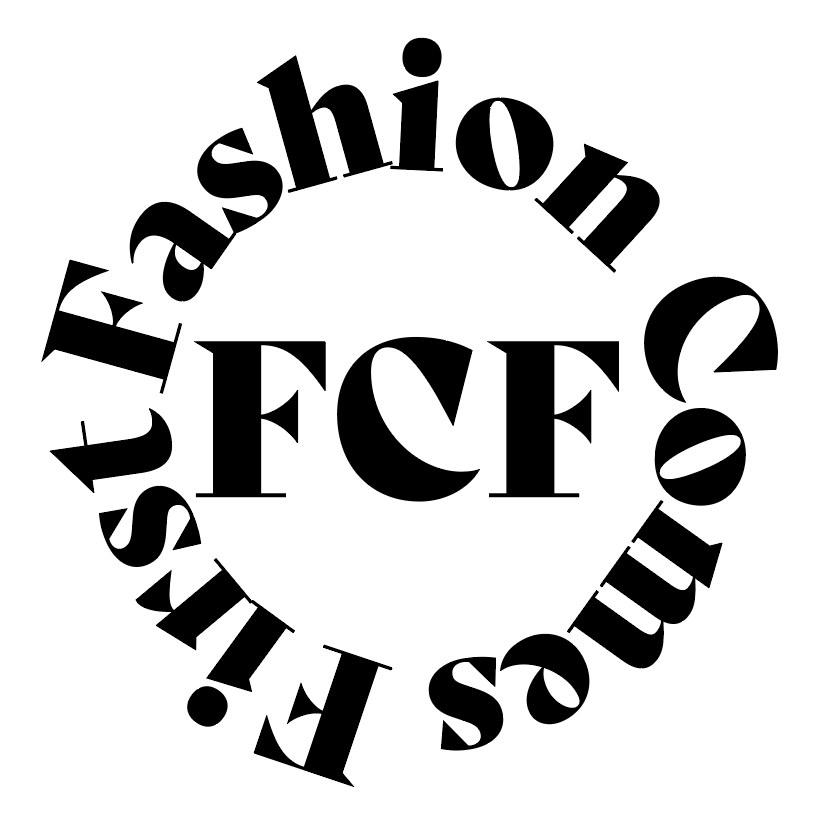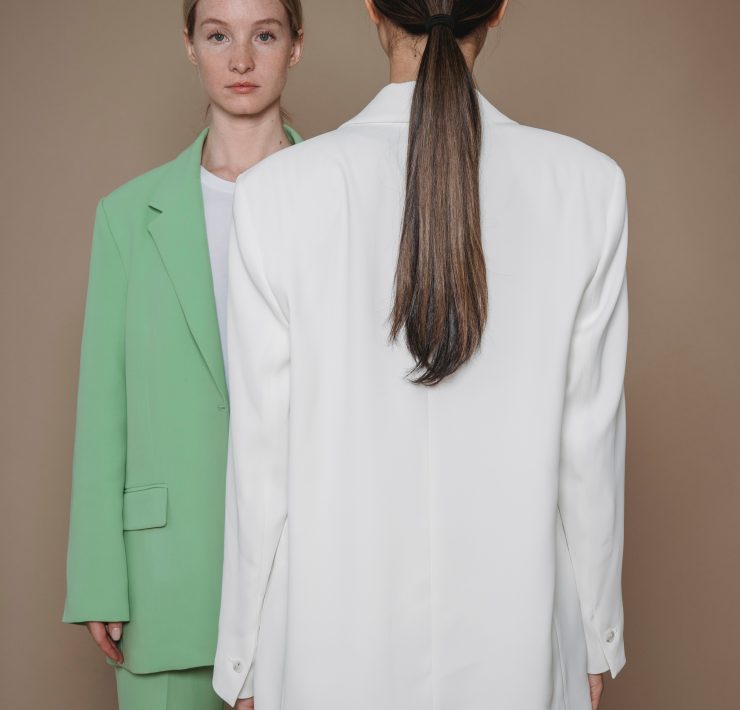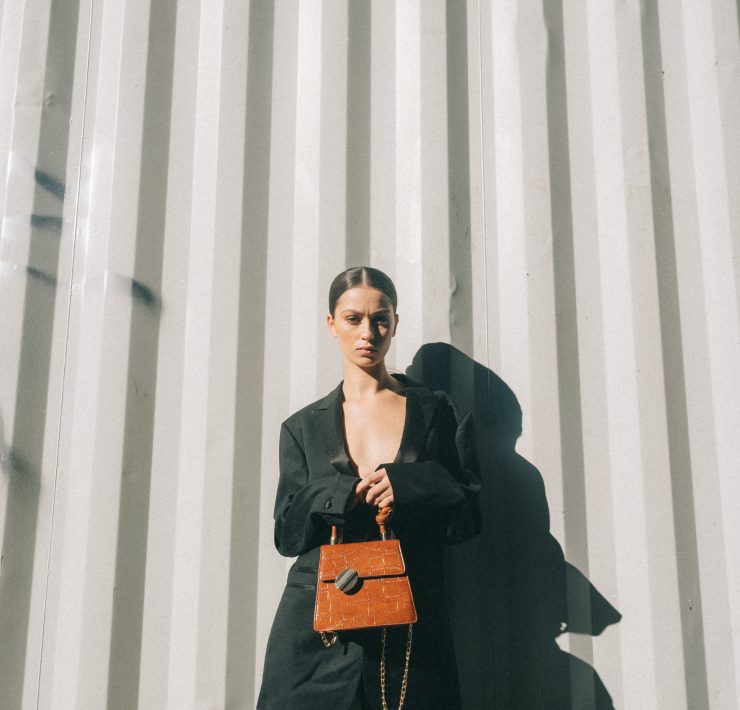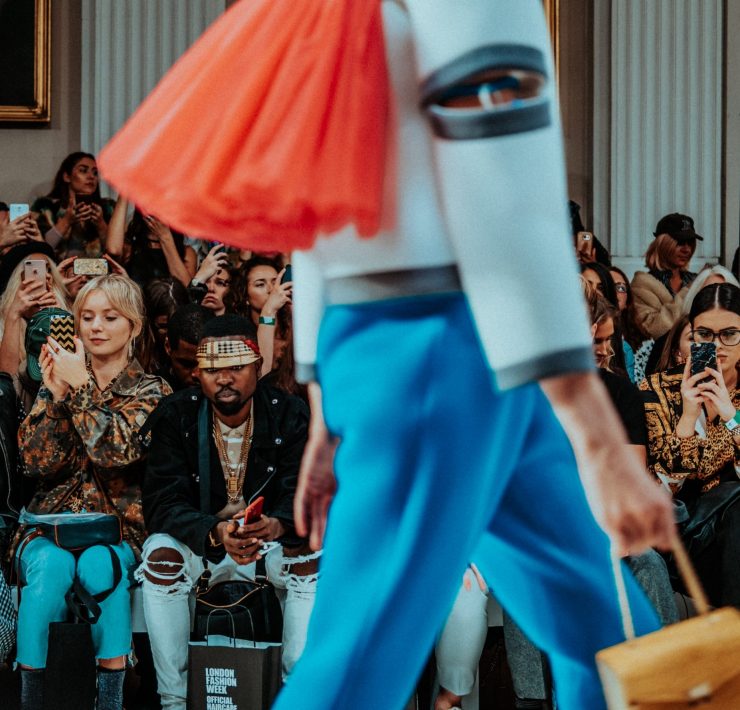When shopping for clothes, very few people consider the fact that fast fashion produces over 10% of the world’s carbon emission every year and is one of the largest water consumers. Of course, it is more affordable for our wallets; but these economic savings come at an environmental cost.
All the way from Great Britan, two friends, Marius Stackhouse, 27, and Stefan Schroder,28, took advantage of the global pandemic and started the crazy journey of entrepreneurship. When some say that the fashion industry is clustered and competitive, Marius and Stefan found a gap and started their own online sustainable store. On Public Fibre, you may find anything from clothing to skincare only from sustainable, ethical, and conscious brands.
Why did you think a global pandemic was the perfect time to launch a start-up?
Stefan Schroder: Honestly, we’ve been lucky our friends and family are happy and healthy, but it’s just given us the time and space to focus our energy on it. I left my work in advertising in New York in January, and I would have lost my mind banging my head against the wall had I nothing to focus on when I came back. This has been something Marius and I have spoken about for some time, so I decided to go for it. We have the time, we have the desire, and I’m so bloody happy we did!
Marius Stackhouse: I don’t think there is a perfect time. We were fortunate that lockdown took away Thursday pints, or going to a festival in Europe – seriously, we did miss this. Focusing energy into something positive I think is the natural flow for any person; we’ve all spent lockdown thinking about what we’re passionate about and trying to find that purpose in our lives – this was something we could put our energy into, and we ran with it.
Can you tell us what is the philosophy behind the creation of public fibre?
MS: Sustainable fashion is something we should all want to get behind – but it hasn’t always been positioned that way. We’re not interested in telling you how bad of a person you are, followed by selling you a t-shirt with a tree printed on it. We’re making sustainable fashion sexy because that’s why we buy clothes – they make us feel sexy.
SS: Just as Marius said to show everyone, sustainable fashion is desirable, whilst building something to evoke positive change. Beyond trying to change perceptions in this industry, we’re also working with 3 NGOs to help in reforestation efforts, support the consolidation of ocean sanctuaries, and provide non-clinical space for men to talk about their mental health.
When did you first become aware of the environmental burden that the fashion industry has? Why was sustainability important to you?
SS: I’m going to nerd out on this question, so forgive me. I think it’s because I’ve always been fascinated and loved the natural world. Since I can remember, David Attenborough has been my hero, and I more or less studied Biology at university because of him. So, I’ve always understood its fragility from human impact, and I guess this really kicked me up the worse when I was in New York, everything is so fast-paced, and the level of consumption and waste are unreal. However, there are loads of people trying to evoke change in the city too, which is inspirational and makes you wonder what you can do. I felt drawn to do something that could have a positive impact. In fashion, I think I’ve always been aware, the level of turnover with trends is pretty rapid. I typically subscribe to a capsule wardrobe kind of approach, simple style, few, quality items, worn more, but with the amount of clothes thrown at you every day, it’s no surprise the industry has a problem.
MS: I think Stefan forgot to add “everything in black” to this list of capsule items.
I’d say five years ago. I watched a program on TV – I think by chance – about the Aral Sea, which lies between Kazakhstan and Uzbekistan. Since the late 70s, water from the sea has been diverted to be used as irrigation for growing cotton in the surrounding areas, which has resulted in the total collapse of a once-thriving ecosystem. This cotton then being supplied to fast fashion brands to turn into clothes which we’ll find on our high street – just to make it relevant to your readers!
I think for me, it was the shock of the documentary, followed by the reality of how little thought I gave to going out and buying new clothes. We aren’t about moaning – we never will be. So, we decided to meet the customer half-way, rather than trying to guilt-trip you into buying sustainable, we’ll bring you the best sustainable fashion without the compromise of purchasing a less ‘aesthetic’ garment. No stats about how bad-of-a-person you are for buying fast-fashion, just brands with a story and a great product.
In 2018, London was ranked the most sustainable city in the world and the eco-friendliest city in Europe. Do you think that the rest of the world is ready for these sustainable initiatives like public fibre?
SS: Really? That worries me that honestly makes me think we have a LONG way to go. London’s great; I know the infrastructure throughout London does consider sustainability, and we as people are very aware of the topic, but we definitely need more change. People are conscious, but we have to make it worthwhile. We have to re-shift perceptions and make it sexy for people to be sustainable. History tells us that’s how the masses will shift their habits.
MS: I think we’ve been dragging our heels for a while here in Europe. Regarding fashion – the Japanese, for example, already have a much more considered approach to sustainability and a customer that demands it – we should be learning from them!
Marius and Stefan’s vision finally came to life. Through its growing success, Public Fibre became more than a regular online store. It is a lifestyle. In the next few years, it may “be the place you go to learn about sustainability in fashion, wellness, art, architecture, and design,” Stefan adds.
Which item on your website would you advise all our readers to try?
MS: I don’t have favorites. BUT, if I did… it would be the Self Cinema Nylon Crew Jacket (made from Econyl, not Nylon, of course) – I love the brand and their identity. We always try and tell the story for each brand on our site and this one resonates most with me.
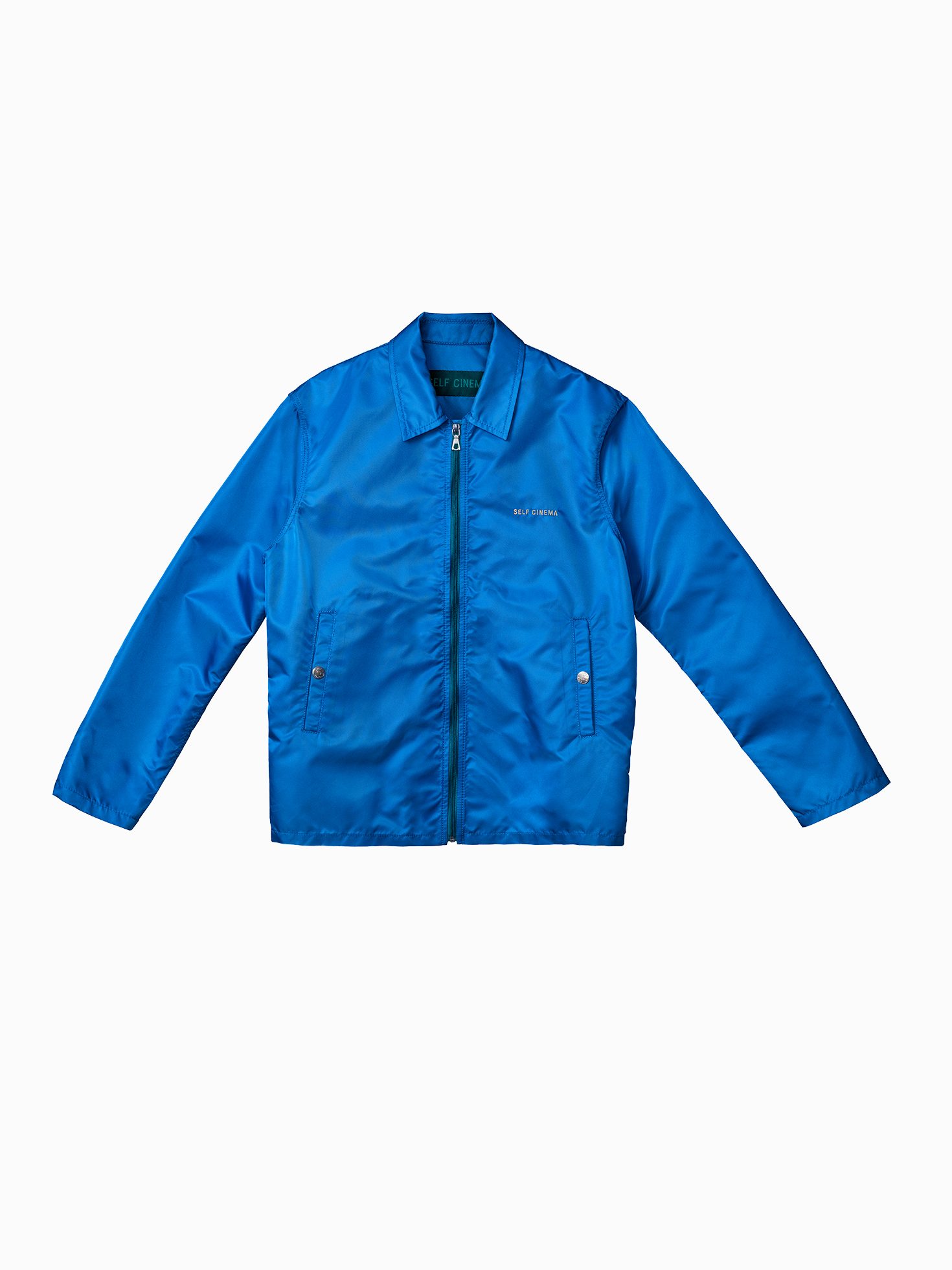
SS: A very difficult question to answer and you’ll get a different response on a different day. I’m a sucker for a black T so the Oversized Donovan T in black by Church of Antioch is a good pick for today. It’s made from organic cotton in the U.K, and the husband and wife partnership behind the brand is awesome. They work with a partner that we work with, The Eden Reforestation Project, and like us, will plant a bunch of trees with every purchase. So, if you buy them through us, you plant even more trees!
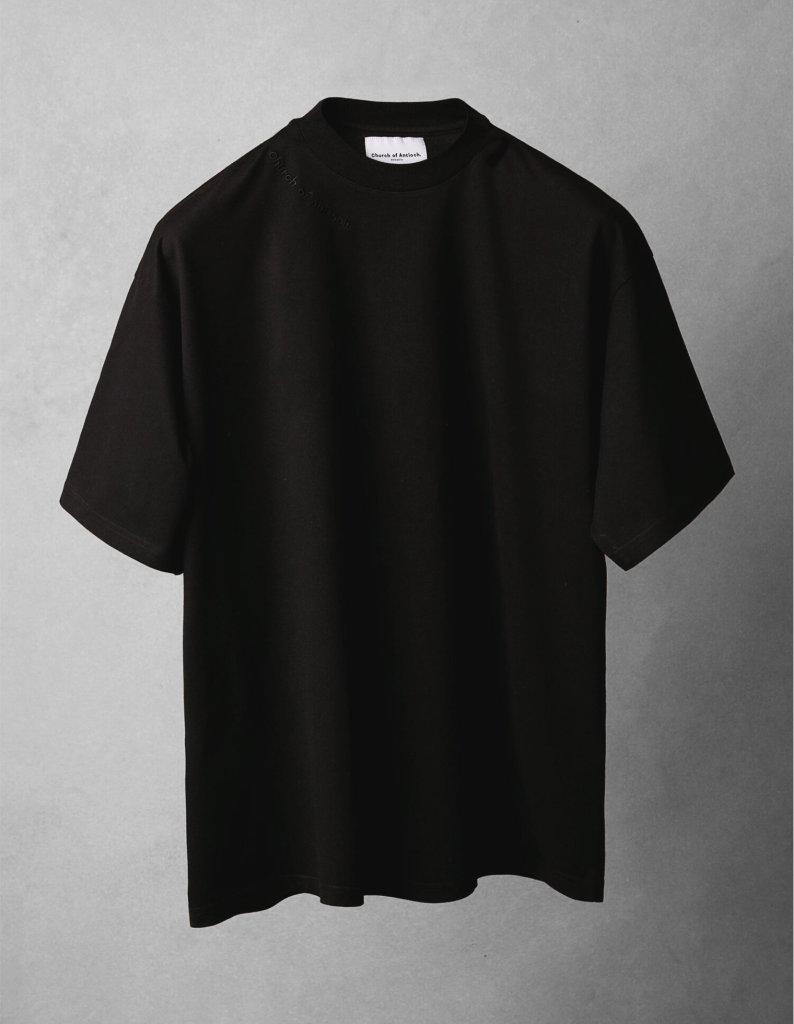
Marius and Stefan’s vision finally came to life. Through its growing success, Public Fibre became more than a regular online store. It is a lifestyle. In the future, it may “be the place you go to learn about sustainability in fashion, wellness, art, architecture, and design,” Stefan adds.
